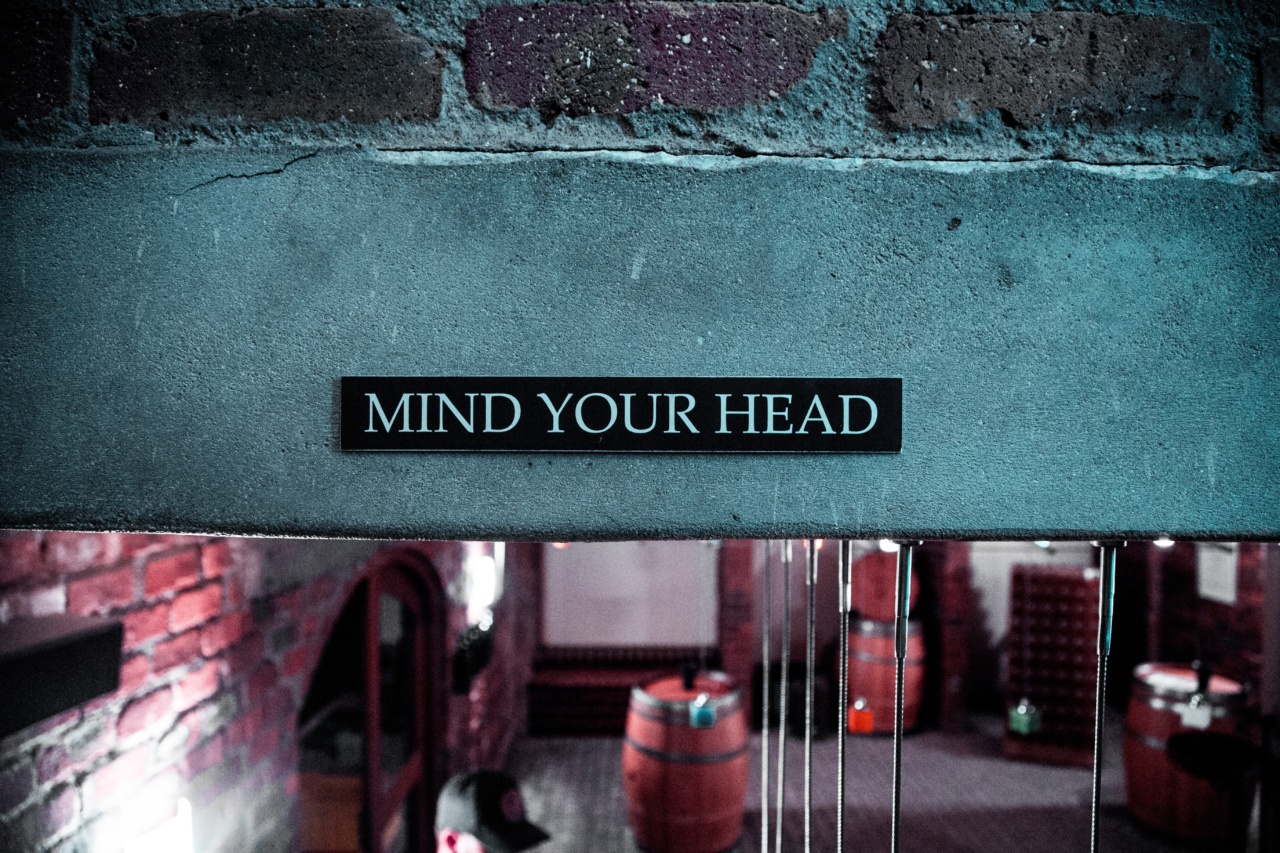Your liver plays a crucial role in your body’s overall health and well-being. It plays a vital part in helping to detoxify your system, aiding in digestion and metabolic function, and producing hormones that keep your body functioning properly.
But what many people don’t realize is that your liver can also give you important warning signs about your heart health.
What is the Liver Heart Connection?
The liver and heart are interconnected in more ways than you might think. One of the primary roles of the liver is to filter toxins from your bloodstream. When your liver becomes overburdened with toxins, it can impact the health of your heart.
Your liver and heart are also connected via the circulatory system. The liver produces a hormone called angiotensinogen, which travels through the bloodstream to the heart and is converted into the hormone angiotensin.
This hormone plays an essential role in regulating your blood pressure and can impact your heart health if it’s not produced in the right amounts.
What are the Warning Signs?
So, what are the warning signs that your liver may be telling you something about your heart? Here are some things to watch out for:.
1. Fluid Retention
Fluid retention, also known as edema, is a common symptom of both liver and heart problems.
When your liver is not functioning correctly, it can impact your body’s ability to filter fluids properly, leading to swelling in your feet, ankles, and legs. This fluid buildup can also occur if your heart is not pumping blood effectively, causing excess fluid to accumulate in the body’s tissues.
2. Abdominal Pain and Bloating
If you’re experiencing abdominal pain and bloating, it could be a sign that something is going on with your liver or heart.
Your liver is responsible for breaking down fats that you consume, and if it’s not working correctly, it can lead to indigestion and bloating. Abdominal pain can also be a sign of heart problems as the chest pain can radiate to the stomach.
3. Jaundice
Jaundice is a condition that causes yellowing of the skin and eyes. It’s usually a sign that your liver is not functioning correctly, as it’s responsible for producing bile, which helps to break down fats and eliminate waste.
If your liver is not working correctly, it can lead to a buildup of bilirubin in the bloodstream, causing jaundice. Jaundice may also be caused by other heart-related issues.
4. Fatigue and Weakness
If you’re experiencing constant fatigue and weakness, it could be because your liver is not functioning correctly. The liver plays a vital role in converting food into energy.
When it’s not working as it should, it can impact the body’s ability to metabolize nutrients, leading to fatigue and weakness. Heart problems can also cause extreme fatigue due to the heart’s inability to function correctly.
5. Dark Urine
Dark urine can be a sign of liver problems. Your liver produces bile, which is responsible for giving your urine its yellow color.
If your liver is not functioning correctly, it can lead to a buildup of bilirubin, causing urine to become a darker color than usual. Dark urine can also be a sign of dehydration, but it is always important to speak with your doctor to rule out any underlying liver or heart issues.
6. Nausea and Vomiting
If you’re experiencing constant nausea and vomiting, it could be a sign that something is going on with your liver or heart. The liver is responsible for filtering toxins from the bloodstream and aiding in digestion.
When it’s not functioning correctly, it can cause food to remain undigested, leading to nausea and vomiting. Similarly, heart problems can lead to symptoms of nausea and vomiting.
7. Irregular Heartbeat
Irregular heartbeat, also known as arrhythmia, is a common sign of heart problems. The heart relies on a steady electrical signal to keep it beating regularly.
When the heart’s electrical signals become disrupted, it can lead to an irregular heartbeat. Liver problems can also impact the heart’s electrical signals and lead to arrhythmia, so if you’re experiencing an irregular heartbeat, it’s important to speak to your doctor as soon as possible.
8. High Cholesterol Levels
If you have high cholesterol levels, it can be a sign that your liver and heart health is not as it should be.
The liver is responsible for producing cholesterol, and if it’s not functioning correctly, it can lead to an imbalance of good and bad cholesterol in the bloodstream. This imbalance can put you at a higher risk of heart disease and other health problems.
9. Itchy Skin
Itchy skin can be a sign of liver problems, as it’s usually caused by a buildup of toxins in the bloodstream. When the liver is not functioning correctly, it can lead to excess toxins in the bloodstream, causing itching and other skin problems.
In some cases, itchy skin can also be a symptom of heart problems, so it’s important to speak to your doctor if you’re experiencing persistent itchiness.
10. Shortness of Breath
If you’re experiencing shortness of breath, it could be a sign that your liver and heart health is not as it should be. Shortness of breath can be caused by a variety of factors, including heart problems.
When the heart is not functioning correctly, it can impact the lungs’ ability to absorb oxygen, leading to shortness of breath. Liver problems can also lead to shortness of breath, as they can impact the body’s ability to absorb nutrients and oxygen.
Conclusion
Your liver plays a vital role in your body’s overall health and well-being.
Paying attention to the warning signs that your liver is telling you about your heart health can help you catch potential health issues early on and take steps to address them before they become more serious. If you’re experiencing any of the symptoms listed above, it’s important to speak to your doctor as soon as possible to rule out any underlying health issues.




























